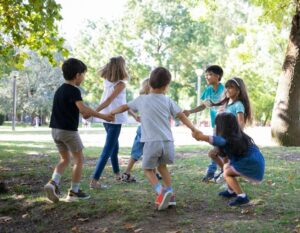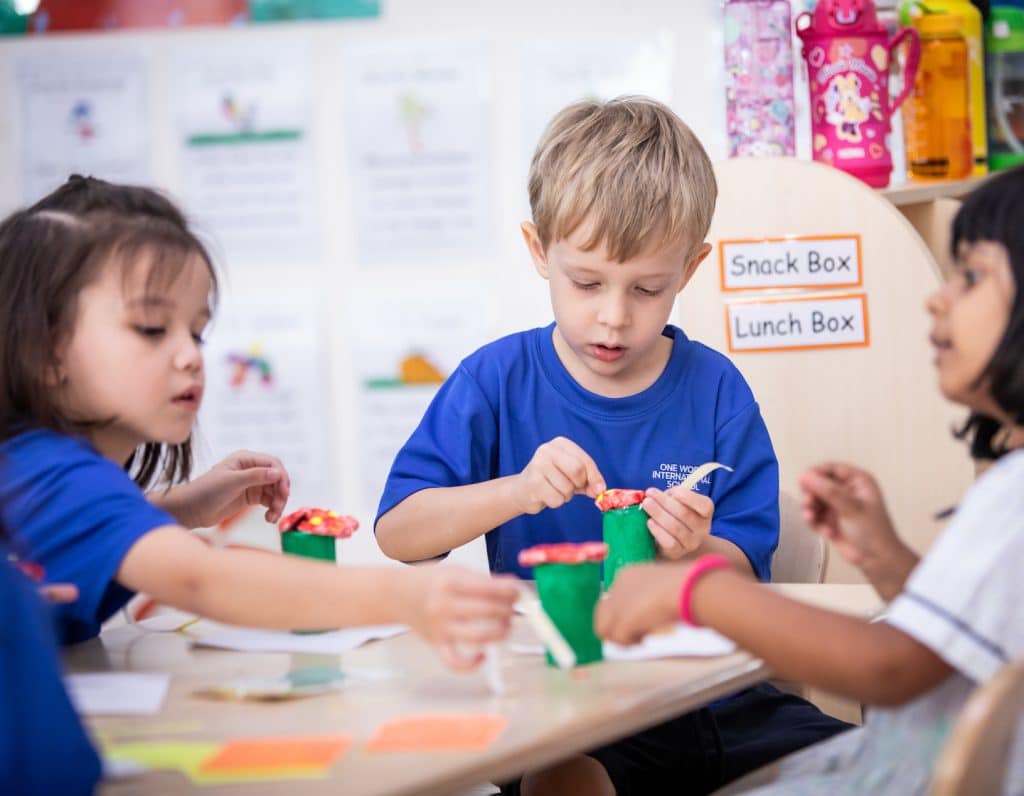
 Post Category - ParentingParenting
Post Category - ParentingParentingThe importance of nurturing social skills in early learners
Social skills can make or break a promising future. Children who get along well with others, who are able to collaborate on projects and who possess empathy and sympathy for peers have an easier time progressing to the next grade level than children who struggle with these tasks, but teaching social skills at home can be a challenge when it’s only family with whom children spend the majority of their time. So how can you ensure your kids are learning the right social skills from an early age?
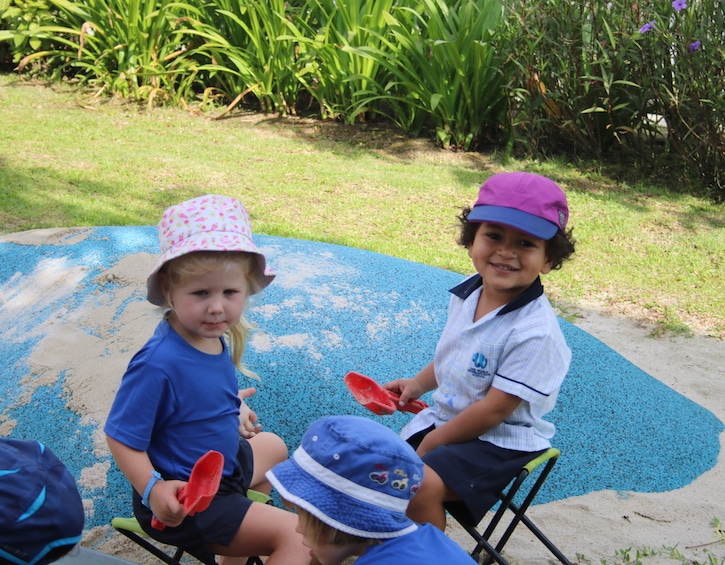
Socialisation Equals Skill-Building
Curricula such as that followed by One World International School emphasise the importance of children helping children. When children become part of a team, part of something that’s bigger than themselves, they learn the skills necessary to compete in a global world — skills such as:
- Cooperative play
- Give-and-take
- Leading and following
- Active listening
- Empathy
- Manners
- Effective communication
- Asking for help
- Respecting personal space
- Taking turns
And this is just the short list of skills that early learners need to become happy, well-adjusted elementary schoolers. Children who master social skills at an early age are children who make friends easily — a goal every parent envisions for their three-year-old.
Read more: OWIS: Where Parent + Teacher Communication = Happy Students
Play Equals Socialisation
How do young children aged 3 and up learn these much-needed social skills? Mostly through the sort of play reinforced in the Primary Years Programme, or PYP, that OWIS follows. Play-based learning occurs when children are both allowed and encouraged to use their imaginations at school. This may include designated times for activities such as:
- Role-playing — playing house, acting out the roles of Mom, Dad and kids, taking turns playing with cleaning toys such as brooms, vacuums and mops; or putting on a show or a play for other children to watch.
- Sensory Play — building with blocks, running trucks through sand, working on puzzles and finger painting are all solid examples of sensory play.
- Observation — watching others, observing the outdoors, and viewing tutorials are all forms of observational learning.
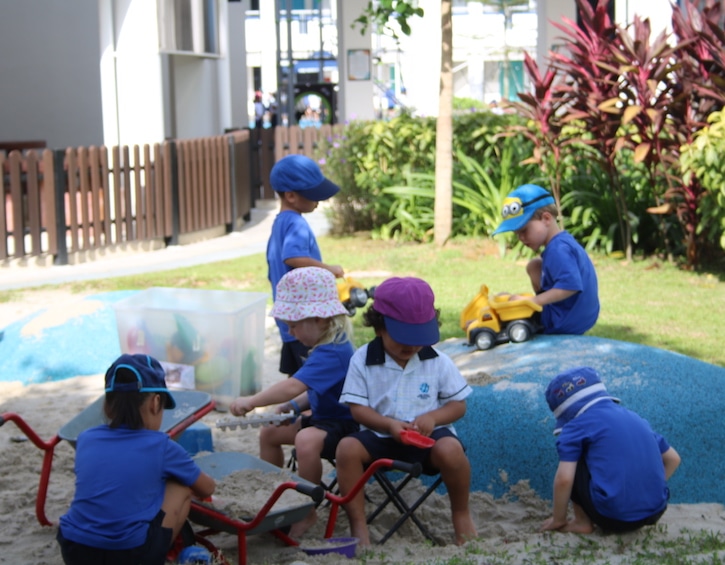
Classes happen indoors and outdoors at OWIS
OWIS educators stress four foundations for early learning: touch, movement, listening and observation. Classes happen indoors and outdoors, and early learners are encouraged to self-direct and to experiment — all within a safe, monitored environment that emphasises collaboration and teamwork.
If you’re struggling to help your little one master the necessary skills of socialisation, consider involving them in a quality programme like the one offered at One World International School. Allowing young children to interact with other kids their own age is a vital first step in becoming a well-rounded students. For more information, contact OWIS Admissions team here.
One World International School, 21 Jurong West Street 81, Singapore 649075, Tel: (+65) 6914 6700, [email protected], www.owis.org






 View All
View All




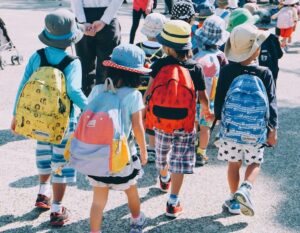
 View All
View All








 View All
View All



